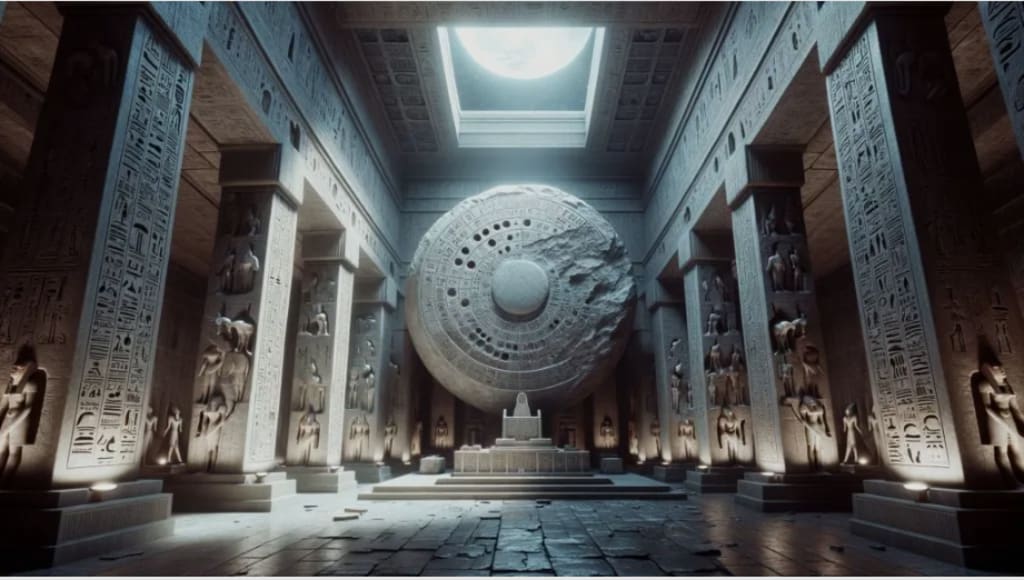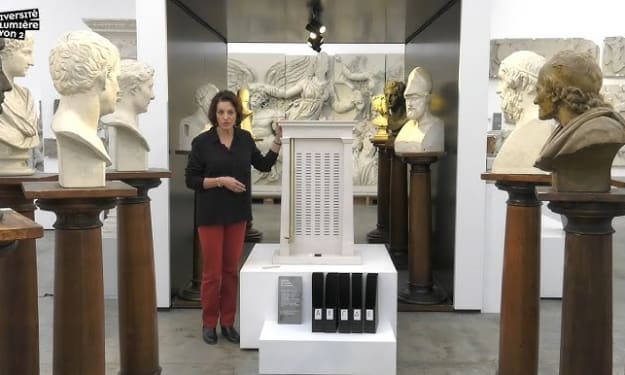1st calendar KNOWN to mankind: Ancient Egyptian calendar:
History

The Egyptian calendar, one of the earliest known calendars in history, played a fundamental role in the organization of ancient Egyptian society and religious practices. This article explores the origins, structure, astronomical basis, cultural significance, and enduring legacy of the Egyptian calendar.
Origins and Historical Context
The Egyptian calendar dates back to the prehistoric periods of ancient Egypt, evolving over millennia to become a sophisticated system for timekeeping and agricultural planning. Early Egyptians relied on observations of celestial events, particularly the annual flooding of the Nile River, to develop a calendar that aligned with natural cycles crucial for agriculture.
Structure and Astronomical Basis
The Egyptian calendar was a solar calendar based on the movements of the sun, consisting of 12 months of 30 days each, organized into three seasons:
- Months: Each month was divided into three weeks of 10 days, known as decans. The months were named after significant festivals, agricultural activities, or deities.
- Intercalary Days: To reconcile the solar year (approximately 365.25 days) with the lunar-based months, the Egyptians added five extra days at the end of each year. These days were considered outside of the regular calendar and were associated with festivals and celebrations.
- Astronomical Alignment: The Egyptian calendar was closely tied to astronomical observations, particularly the heliacal rising of Sirius (Sothis), the brightest star in the sky, which signaled the beginning of the inundation season and the new year.
Cultural Significance
The Egyptian calendar had profound cultural and religious significance:
- Agricultural Planning: The calendar was essential for coordinating agricultural activities, particularly the timing of planting and harvesting crops based on the annual flooding of the Nile. This synchronization was crucial for ensuring food security and prosperity.
- Religious Festivals: Many of the months and intercalary days were associated with religious festivals dedicated to various gods and goddesses. These festivals played a central role in Egyptian religious life, involving rituals, offerings, and ceremonies believed to maintain cosmic order and appease deities.
- Social Organization: The calendar structured daily life, religious observances, and administrative activities in ancient Egypt. It provided a framework for organizing labor, taxation, and the governance of cities and provinces.
Technological and Mathematical Developments
The development of the Egyptian calendar demonstrated advanced mathematical and observational skills:
- Mathematical Precision: The Egyptians accurately calculated the solar year and adjusted their calendar to align with astronomical phenomena such as the solstices and equinoxes. This required sophisticated mathematical calculations and astronomical observations.
- Hieroglyphic Records: Calendar information and astronomical observations were recorded in hieroglyphic texts on temple walls, papyri, and other inscriptions. These records provide valuable insights into ancient Egyptian knowledge of astronomy and timekeeping.
Enduring Legacy
The Egyptian calendar's legacy extends beyond ancient Egypt:
- Influence on Later Calendars: The structure and principles of the Egyptian calendar influenced the development of subsequent calendars in the ancient Near East, including the Babylonian and Hebrew calendars. It also influenced the Roman calendar, which eventually evolved into the modern Gregorian calendar.
- Archaeological and Historical Insight: The study of Egyptian calendars provides archaeologists and historians with valuable information about ancient Egyptian society, astronomy, religious beliefs, and technological achievements.
- Cultural Heritage: The Egyptian calendar remains an enduring symbol of ancient Egyptian civilization and its contributions to human knowledge and cultural development. It continues to inspire fascination and scholarly research into the origins and evolution of timekeeping systems.
Conclusion
The Egyptian calendar stands as a testament to the ingenuity and advanced knowledge of ancient Egyptian civilization. Its development represented a significant milestone in the history of timekeeping, marking the transition from lunar to solar-based calendars and demonstrating the Egyptians' deep understanding of astronomy and agricultural cycles. As a cultural artifact and practical tool, the Egyptian calendar not only structured daily life and religious practices but also influenced the development of subsequent calendars and continues to inform our understanding of ancient Egypt's scientific and cultural achievements.
About the Creator
Marveline Merab
“History never repeats itself. Man always does.”
― Voltaire
Enjoyed the story? Support the Creator.
Subscribe for free to receive all their stories in your feed. You could also pledge your support or give them a one-off tip, letting them know you appreciate their work.






Comments
There are no comments for this story
Be the first to respond and start the conversation.